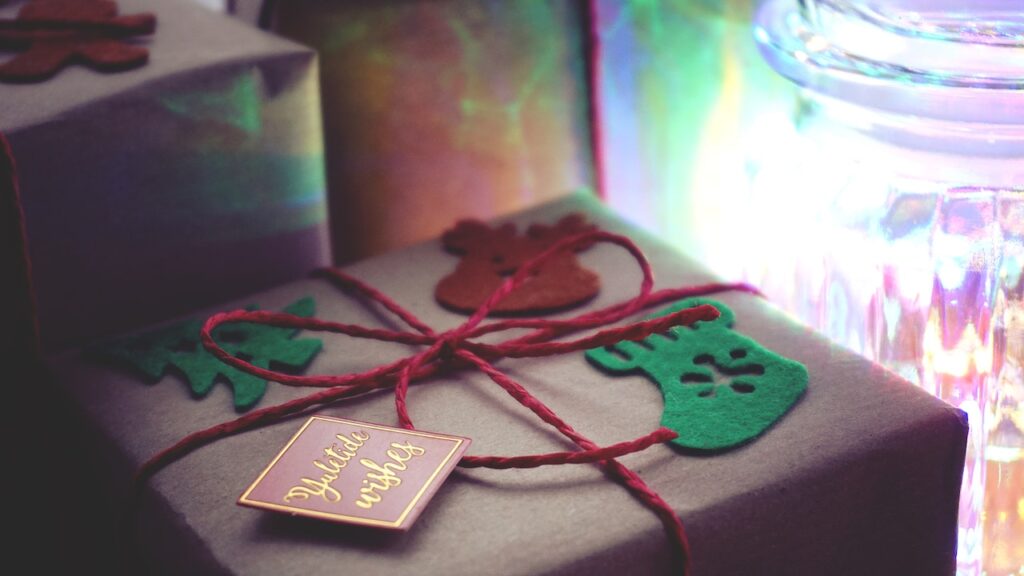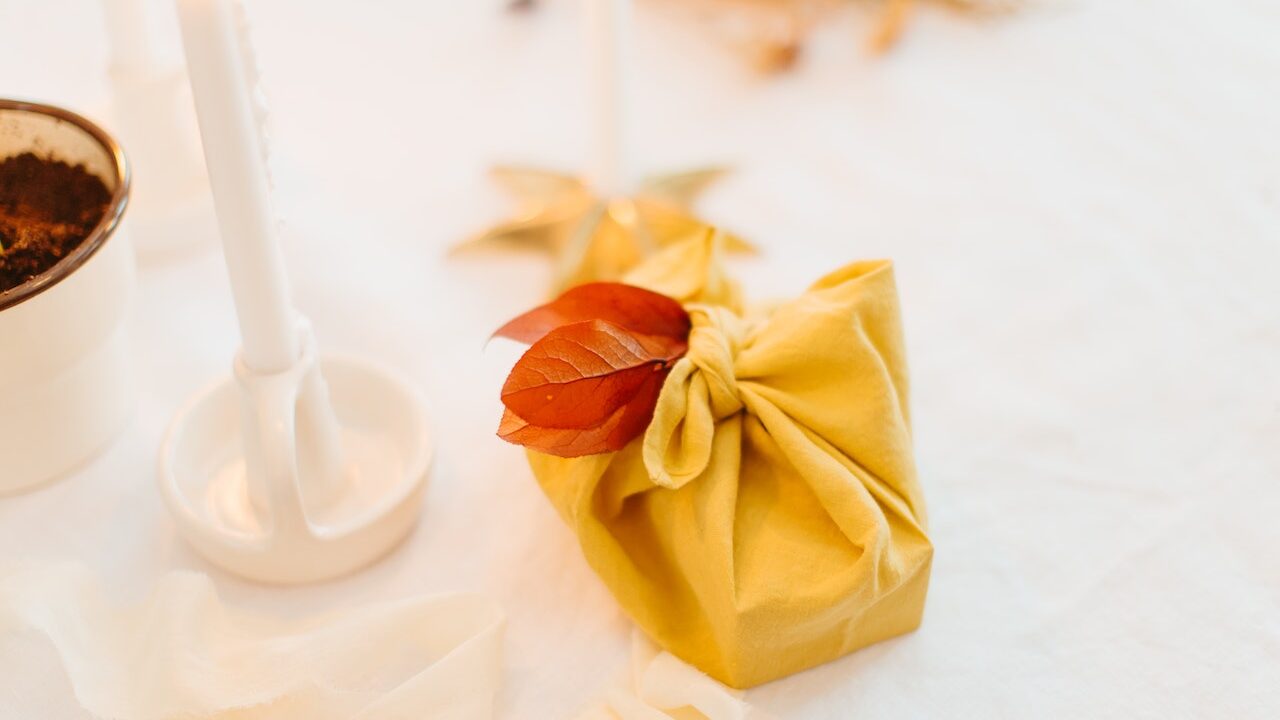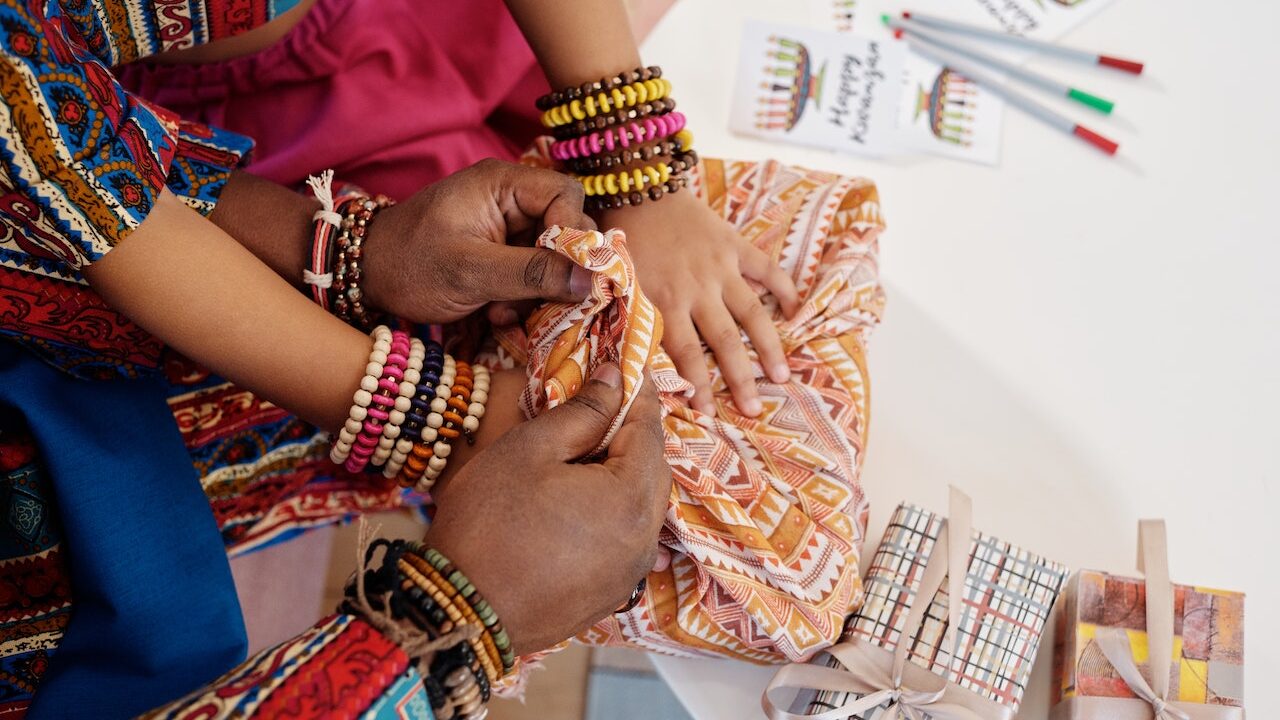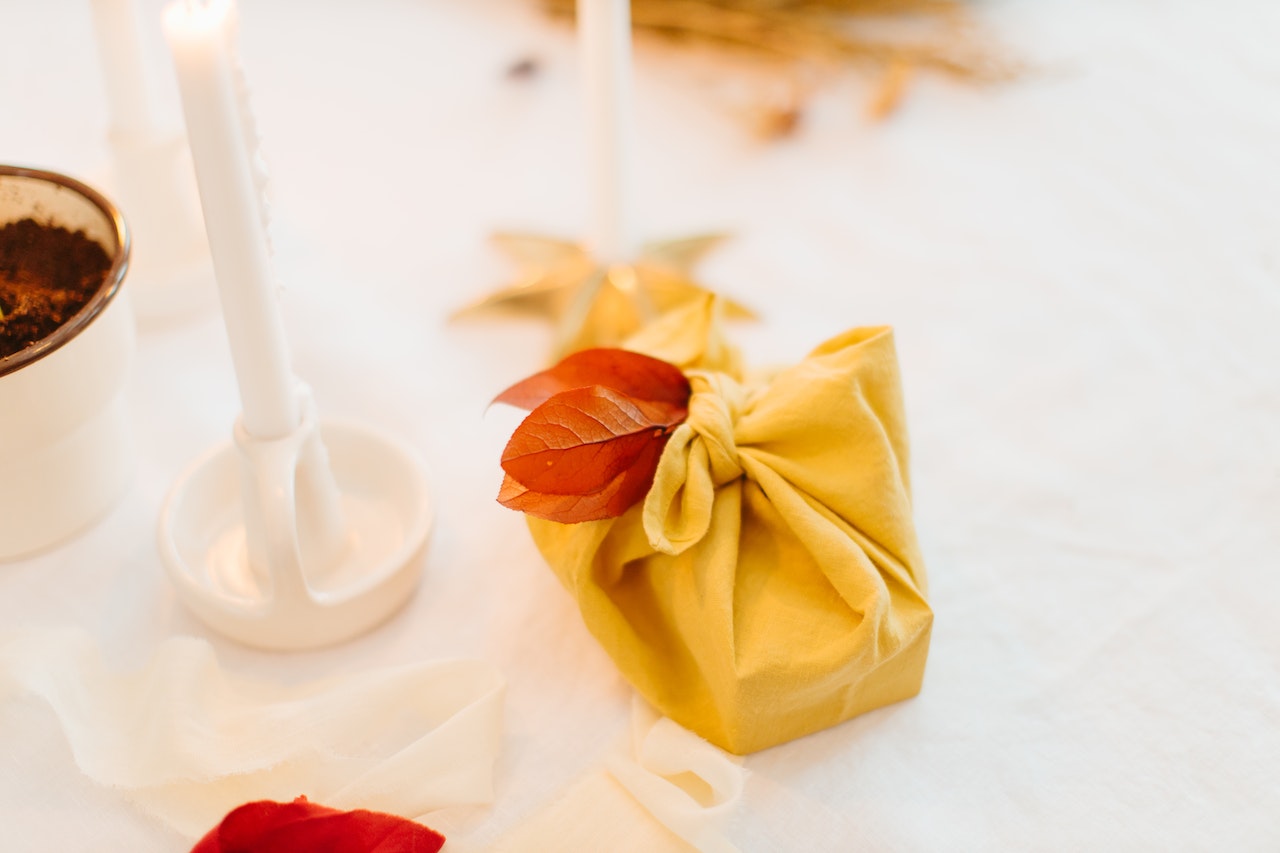Introduction
Gift-giving is a beloved custom, but it may also contribute to waste and hurt the environment. Traditional gift-wrapping practices can produce a lot of garbage that is disposed of in landfills, including wrapping paper, ribbon, and tape. There are methods to embrace zero-waste gift wrapping, though, and lessen your influence on the environment. We’ll discuss advice and concepts for sustainable and eco-friendly gift wrapping in this blog article.

Utilizing recycled and reused materials is one method to adopt zero-waste gift-wrapping. Old maps and newspaper articles are examples of this. Not only are these supplies free, but they also provide your present wrapping a special and customized touch. You may also make a lovely and eco-friendly presentation for your gifts by wrapping them in fabric remnants or used scarves. These materials are more environmentally friendly than conventional wrapping paper since they can be reused again.

Utilizing natural materials is another approach to minimize waste during the holiday gift-giving season. You may do this by enclosing your presents in brown paper, string, or even dried flowers or leaves. Natural materials are biodegradable and give your presents a rustic and endearing feel. Additionally, you may add a personal touch by garnishing your presents with fresh foliage or a herb sprig.
You have the option of wrapping gifts with nothing at all, in addition to recyclable and natural materials. Presenting your goods in reusable bags or containers that may be used repeatedly is one way to do this. You can also choose furoshiki, a conventional Japanese gift-wrapping method that employs fabric. This approach creates zero trash and is also a lovely and original way to offer your presents.

Make careful to select environmentally friendly solutions if you decide to utilize wrapping paper. Paper that is created from recycled materials or that has received the FSC certification, indicating that it was produced in responsibly managed forests, might be examples of this. The environmental effect of paper can be decreased by selecting unbleached paper or paper printed with vegetable-based inks.
Finally, consider using eco-friendly alternatives to traditional ribbon and tape. This might be twine or thread, which gives your presents a charming and rustic flair. You may also use washi tape, which comes in a wide variety of hues and patterns and is made of natural fibers. Use fabric or ribbon made from recycled resources instead, such as recyclable ribbon.

Conclusion
In conclusion, implementing zero-waste gift wrapping is an excellent way to reduce waste and environmental impact throughout the Christmas gift-giving season. By using natural and recycled materials, making eco-friendly decisions, and delivering items without packaging, you may create beautiful and ecologically friendly gift wrapping. Consider using zero-waste gift wrapping this Christmas season to protect the environment.




